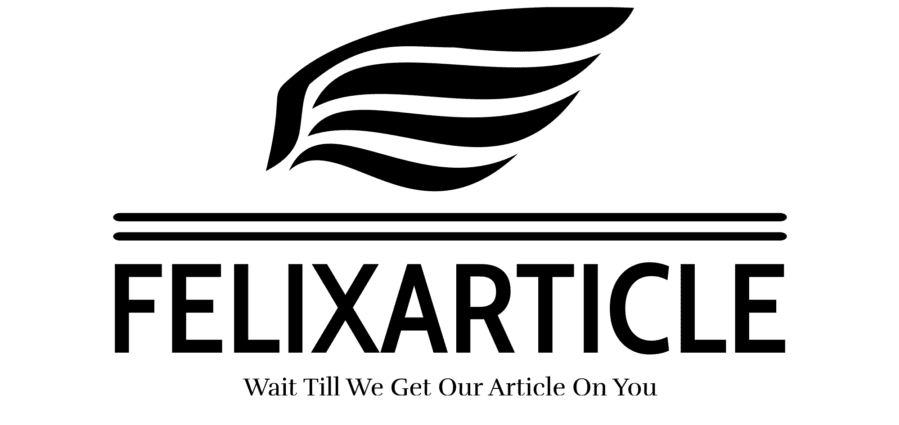In the competitive landscape of the legal industry, customer experience has emerged as a critical differentiator for law firms. Today’s clients expect more than just legal expertise; they demand seamless communication, transparency, and efficiency throughout their interactions with legal professionals. This is where legal practice management solutions play a pivotal role. By integrating various tools and functionalities into a centralized platform, these solutions have the potential to significantly enhance the customer experience for law firm clients. In this blog post, we’ll explore the profound impact that legal practice management solutions can have on customer experience.
Understanding Legal Practice Management Solutions:
Before delving into their impact on customer experience, let’s first define what legal practice management solutions are and how they function.

Legal practice management solutions are comprehensive software platforms designed to streamline and optimize various aspects of law firm operations, including case management, document management, time tracking, billing, client communication, and more. These solutions provide a centralized hub where attorneys, paralegals, and administrative staff can access, manage, and collaborate on case-related information and tasks.
Enhancing Communication and Transparency:
Effective communication is a cornerstone of a positive client experience in the legal industry. Legal practice management solutions facilitate communication between law firms and their clients by providing secure portals where clients can access case information, view updates, and communicate with their legal team.
Clients appreciate being kept informed about the progress of their cases, upcoming deadlines, and any developments that may affect them. With legal practice management solutions, law firms can send automated notifications, reminders, and updates to clients, ensuring that they are always in the loop.
Moreover, these solutions promote transparency by providing clients with visibility into their billing and invoicing details. Clients can access invoices, review billed hours, and track expenses through the platform, fostering trust and accountability in the client-lawyer relationship.
Improving Efficiency and Responsiveness:
Legal practice management solutions streamline internal workflows and processes, enabling law firms to operate more efficiently and respond promptly to client needs. By centralizing case-related information and documents, these solutions eliminate the need for manual searching and coordination, saving valuable time and resources.
Attorneys and staff can access client files, review case histories, and track tasks seamlessly through the platform, allowing them to provide timely and accurate responses to client inquiries. Additionally, integrated time tracking and billing features ensure that attorneys can efficiently capture billable hours and generate invoices, minimizing delays and discrepancies in billing processes.
Personalizing the Client Experience:
Every client is unique, with specific needs, preferences, and communication preferences. Legal practice management solutions empower law firms to personalize the client experience by tailoring communications, services, and interactions to individual client profiles.
Through client portals and contact management features, law firms can capture important client details, such as contact information, case preferences, and communication preferences. This information allows attorneys to deliver personalized service, anticipate client needs, and provide proactive support throughout the legal process.
Furthermore, legal practice management solutions enable law firms to track client interactions, document communications, and capture feedback, allowing them to continuously improve and refine their client service strategies.
Ensuring Security and Confidentiality:
Client confidentiality is paramount in the legal profession. Document management software for legal purposes incorporates robust security measures to safeguard sensitive client information and ensure compliance with privacy regulations.
These solutions offer features such as encryption, access controls, and audit trails to protect client data from unauthorized access, breaches, or leaks. By prioritizing security and confidentiality, law firms can instill confidence in their clients and demonstrate their commitment to protecting their interests.
Conclusion:
In conclusion, legal practice management solutions have a profound impact on customer experience in the legal industry. By facilitating communication, enhancing transparency, improving efficiency, personalizing the client experience, and ensuring security and confidentiality, these solutions elevate the level of service that law firms can provide to their clients.
Clients today expect seamless interactions, timely responses, and personalized attention from their legal representatives. Legal practice management solutions empower law firms to meet and exceed these expectations, fostering trust, loyalty, and satisfaction among clients.
As the legal industry continues to evolve, law firms must prioritize customer experience and invest in technologies that enable them to deliver exceptional service. Legal practice management solutions are not just tools for optimizing internal processes; they are essential components of a client-centric approach to legal practice that drives success and differentiation in a competitive market.

